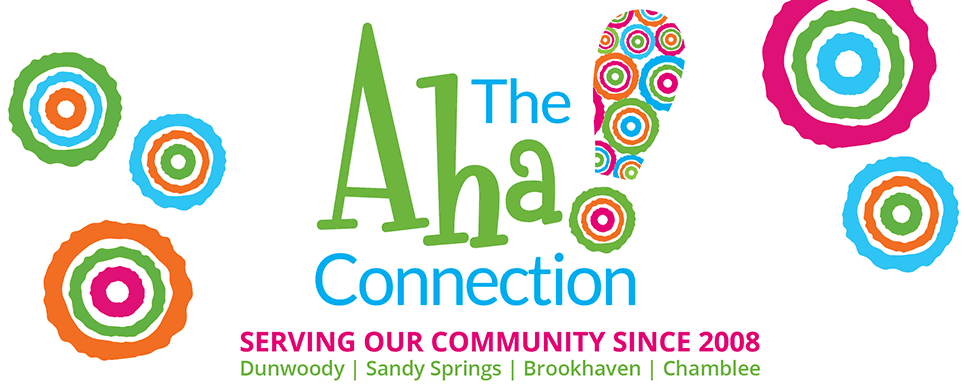 by Bre Curtain, MS, NCC, APC of Atlanta Specialized Care for The Aha! Connection
by Bre Curtain, MS, NCC, APC of Atlanta Specialized Care for The Aha! Connection
As a therapist deeply invested in the holistic approach to mental health, I’ve observed a fascinating phenomenon: the profound impact of nature on our psychological state. Being fully immersed in nature can have a significant impact on our nervous system, heart rate, cognitive pace, and the quality of our thoughts. Let’s explore why stepping into nature might be the experience many of us need.
The Nervous System at Ease
Our nervous system is always responding to the environment around us. In nature, away from the stresses of urban life, the parasympathetic nervous system—the part responsible for ‘rest and digest’ activities—can take precedence. This shift encourages a state of relaxation and rejuvenation. Research has shown that spending time in nature can lower cortisol levels, a hormone associated with stress, thereby reducing overall stress and anxiety levels.
Heart Rate: The Rhythm of Calm
Nature has a remarkable ability to modulate our heart rate. Studies have documented a decrease in heart rate when individuals are exposed to natural environments. This decrease is associated with a reduction in stress levels and an increase in feelings of calmness and well-being. The rhythmic sounds of nature, such as the chirping of birds or the gentle flow of water, can act as natural pacemakers, synchronizing our heart rate with the calming frequencies of the natural world.
The Pace and Quality of Thoughts
In the uninterrupted presence of nature, the speed of the mind often slows down. This slower pace allows for more mindful, intentional thinking. The mental clarity experienced in nature can be attributed to the reduced sensory input, allowing our cognitive processes to declutter and refocus.
Nature can stimulate our senses in a balanced and harmonious way, encouraging a state of mindfulness. Mindfulness can lead to a deeper appreciation of the present moment, enhancing creativity and problem-solving abilities. The natural environment, with its inherent beauty and complexity, can also inspire a sense of wonder and curiosity.
The mental health benefits of being in nature can be profound. From the calming of the nervous system to the reduction of heart rate, and the enrichment of our thoughts, nature offers a sanctuary that is increasingly necessary in our fast-paced world. As we learn more about the psychological effects of nature on the human mind and body, it becomes apparent that preserving and seeking out natural spaces is not just an environmental imperative but an essential component of our mental and emotional well-being. The next time you feel overwhelmed, consider stepping into nature.
Bre Curtin, MS, NCC, APC
Atlanta Specialized Care
(770) 815-6853






